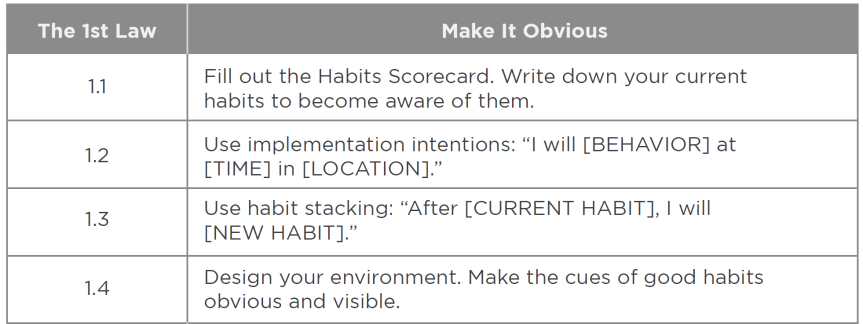- Title: Blink – The Power of Thinking Without Thinking
- Author: Malcolm Gladwell
- Publication Date: 2005
- Recommendation Score: 3.5/5
Book Review
“Blink” is about experts’ intuition. The takeaway of the book is: the experts cannot be fooled easily because of their “thin-slicing” ability, that is, they can judge and find patterns in events based on a narrow window of experience, thanks to their intuition. On the other hand, experts can be easily (catastrophically) fooled, as in the case of “Warren Harding Error” (chapter 3). The book leaves you confused about when to trust an expert intuition and when not to.
Gladwell is a good writer and knows how to attract his reader’s attention. He is a talented journalist, who reads tons of articles and books, and interviews a lot of people, to write a good story. His storytelling style makes the reading of the book pleasant. When it comes to the content, the author is far from being an expert on the topic. In many chapters, Gladwell seems to jump between 2 or 3 stories to come to some conclusion, without citing solid evidence about the conclusion.
If you want to read a book that is based on solid scientific research, “Blink” may not satisfy your need.








